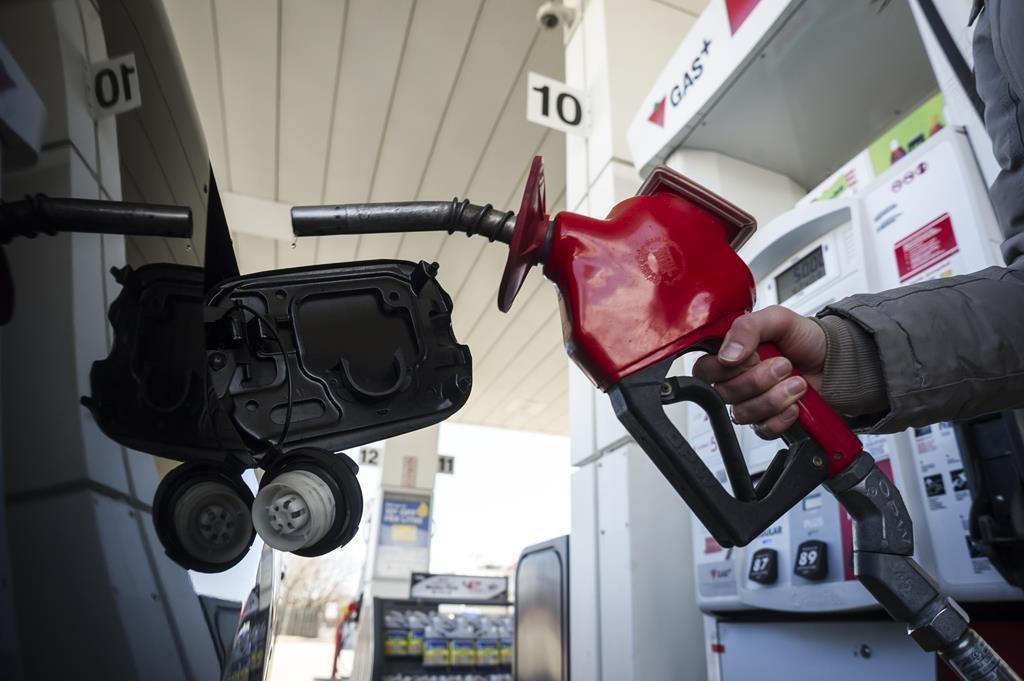News Analysis
The federal government’s plan to hike carbon taxes contradicts earlier assurances and will hinder economic recovery, say critics.

The federal government’s plan to hike carbon taxes contradicts earlier assurances and will hinder economic recovery, say critics.